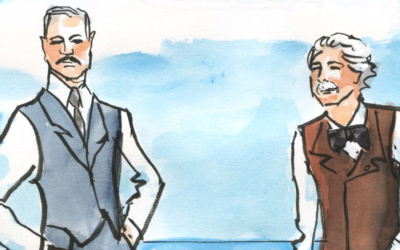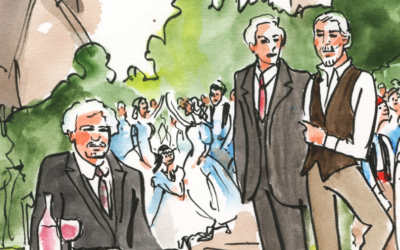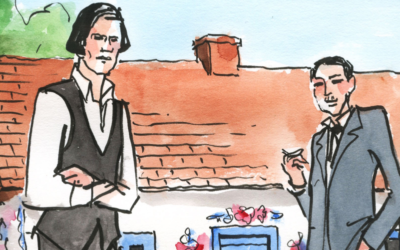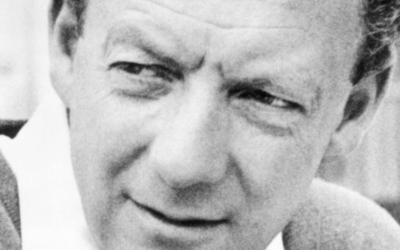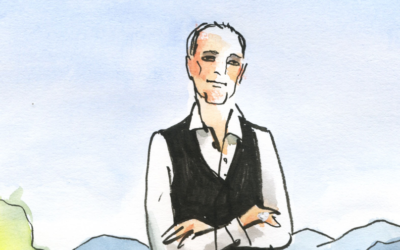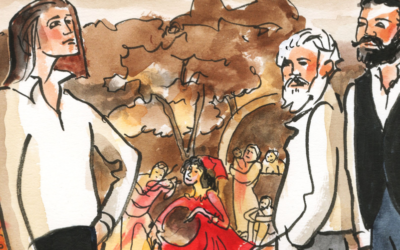Home

Get the full Home experience with a Premium Pass or create your own mini-series with a Flex Pass
Home V: Grieg and Sibelius
Friday March 6th, 2020 7:30PM
Grieg’s 6 Lieder betray the influence of Schumann and Mendelsohn, and his song cycle Haugtussa is a landmark in Norwegian music, capturing the country’s natural beauty and folksy spirit. Sibelius’s songs elevate Finnish folklore with psychological depth and emotional weight.
Home IV: Bartók, Kodaly, and Janáček
Friday February 7th, 2020 7:30PM
Bartók and Kodaly were pioneers in ethnomusicology, traveling the countryside in Central and Eastern Europe to preserve Folk Music on early wax records, incorporating what they heard into their musical language. Janáček’s Diary of One Who Disappeared tells a passionate semi-autobiographical love story through the prism of rural Czech life.
Home III: Chopin and Szymanowski
Friday January 3rd, 2020 7:30PM
Chopin’s Mazurkas and songs took traditional Polish forms and imbued them with kaleidoscopic emotional breadth. Szymanowski brought Polish music into the 20th century with bold harmonies influenced by Debussy and Stravinsky, qualities on full display in two of his most virtuosic works, Métopes for solo piano and Songs of a Fairy Tale Princess for coloratura soprano.
Home Bonus Concert: Benjamin Britten
Friday December 6, 2019 7:30PM
Benjamin Britten’s beloved Folk Song Arrangements on British, Irish, Welsh, and Scottish melodies are some of his most popular works. This concert is free for all Premium and Flex Pass Holders and a limited number of individual tickets will be available for non-subscribers.
Home II: Chants d’Auvergne
Friday November 1, 2019 7:30PM
In his magnum opus, Chant’s d’Auvergne, Joseph Canteloube collected the folk melodies of the Auvergne region and imbued these whimsical, earthy tunes with emotional depth and a rich Straussian harmonic palette.
Home I: Roma
Friday October 4th, 2019 7:30PM
In the 19th-century Roma or “Gypsy” culture became a phenomenon. A people of unknown origin living on the fringes of society became a symbol for the outsider, unbound by polite European society and emotional restraint. Roma presents iconic “Zigeunerlieder” by Brahms, Dvorak, and Liszt, as well as virtuosic violin showpieces by Ravel and Sarasate.
